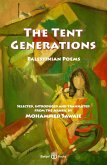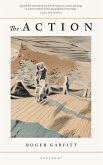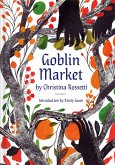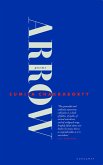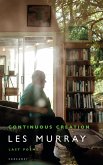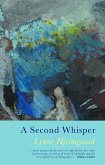Syrian poet Nouri al-Jarrah brings to life a story that can never again be lost in time after a single line in Aramaic on a tombstone fired his imagination. This inspiring epic poem awakens two extraordinary lovers, Barates, a Syrian from Palmyra, and Regina, the Celtic slave he freed and married, from where they have lain at rest beside Hadrian's Wall for eighteen centuries, and tells their unique story. Barates' elegy to his beloved wife, who died young at 30, is, however, not about mythologising history. With the poet himself an exile in Britain for 40 years from his birthplace of Damascus, the poem forges new connections with today, linking al-Jarrah's personal journey with that of his ancient forebear Barates, who resisted slavery with love. Barates' Eastern song also questions whether the young Celtic fighters, the Tattooed Ones, were really barbarians, as they emerged from forest mists to defend their hills and rivers and their way of life from the Romans, and died or lay wounded at the twisting stone serpent that was Hadrian's Wall.


